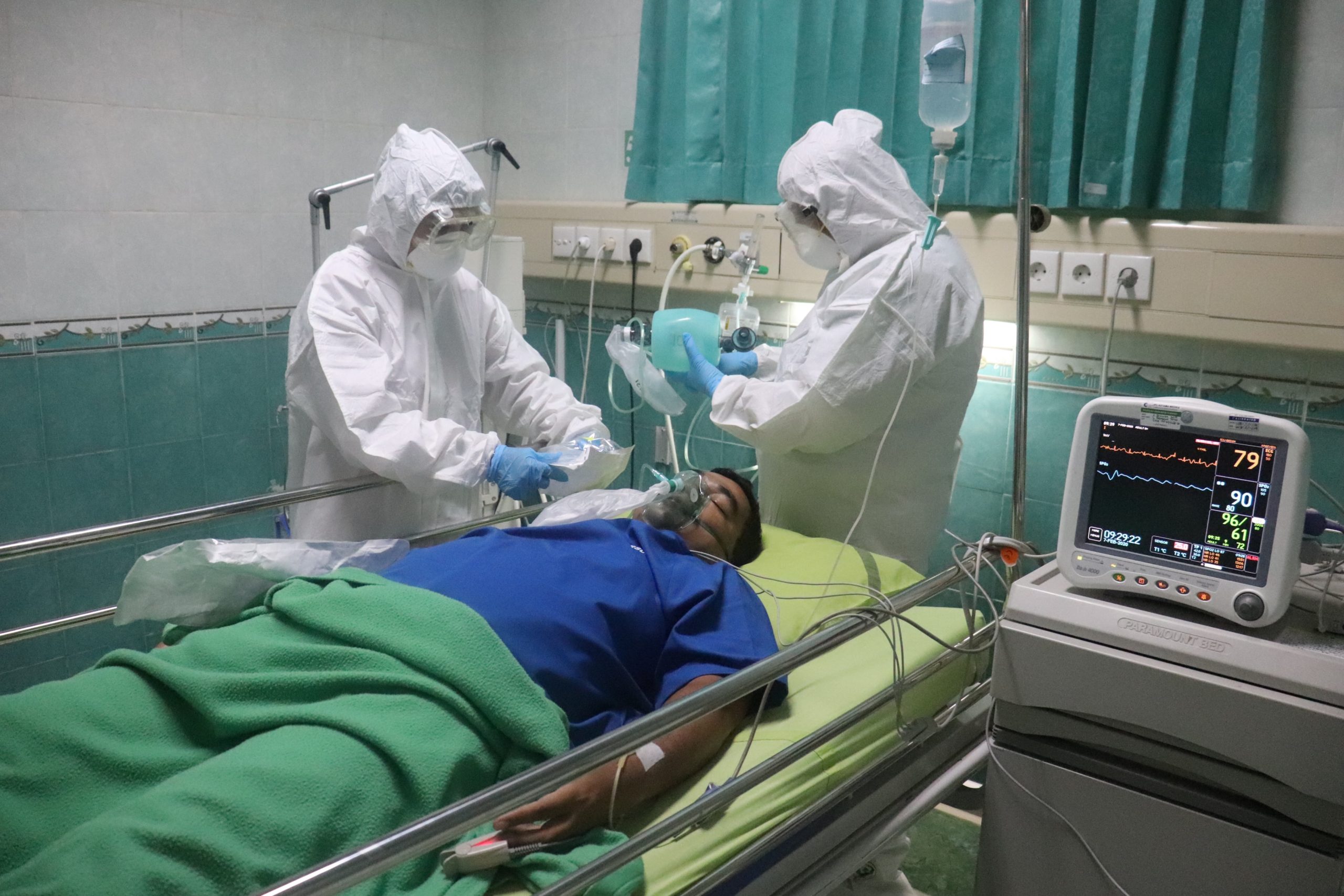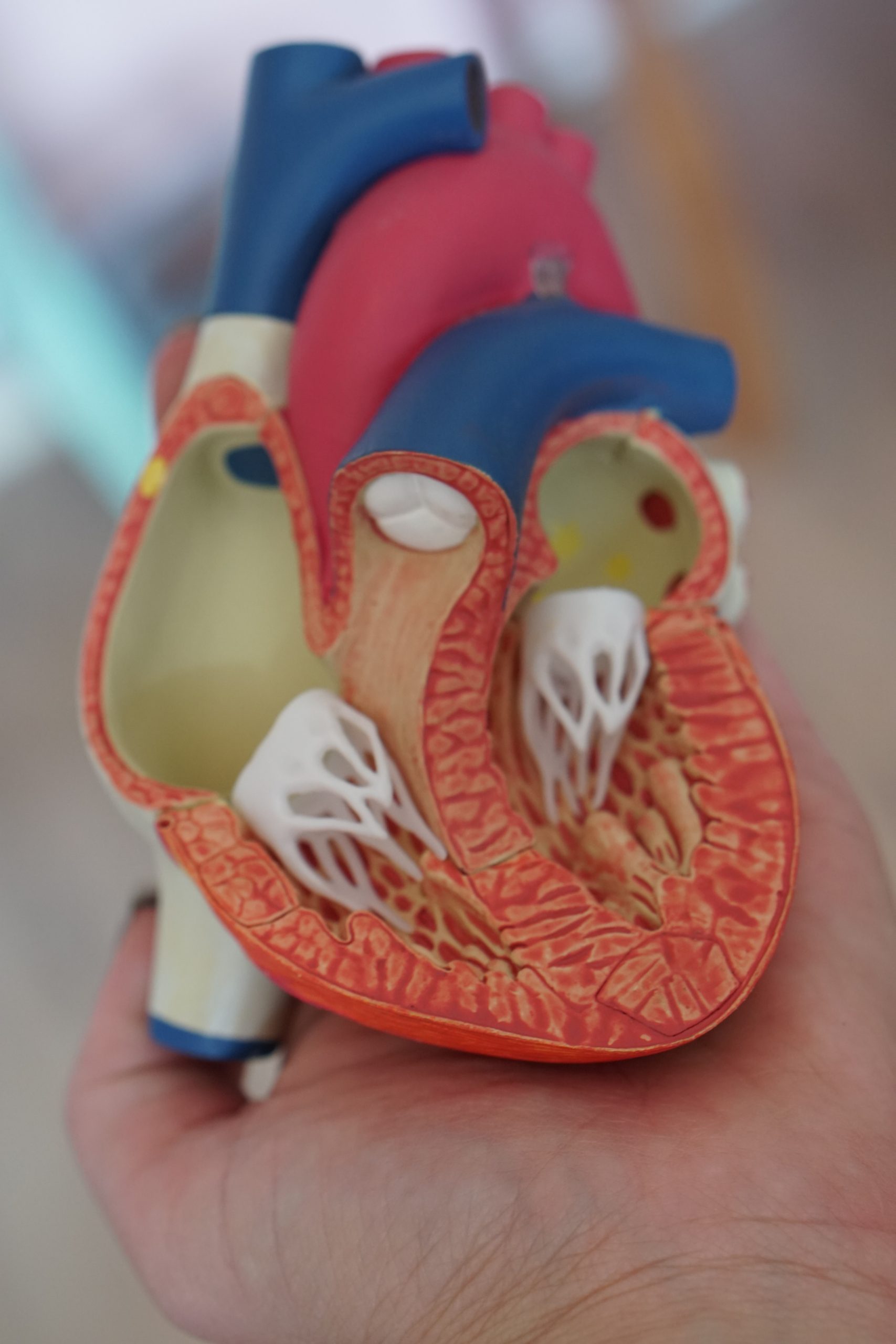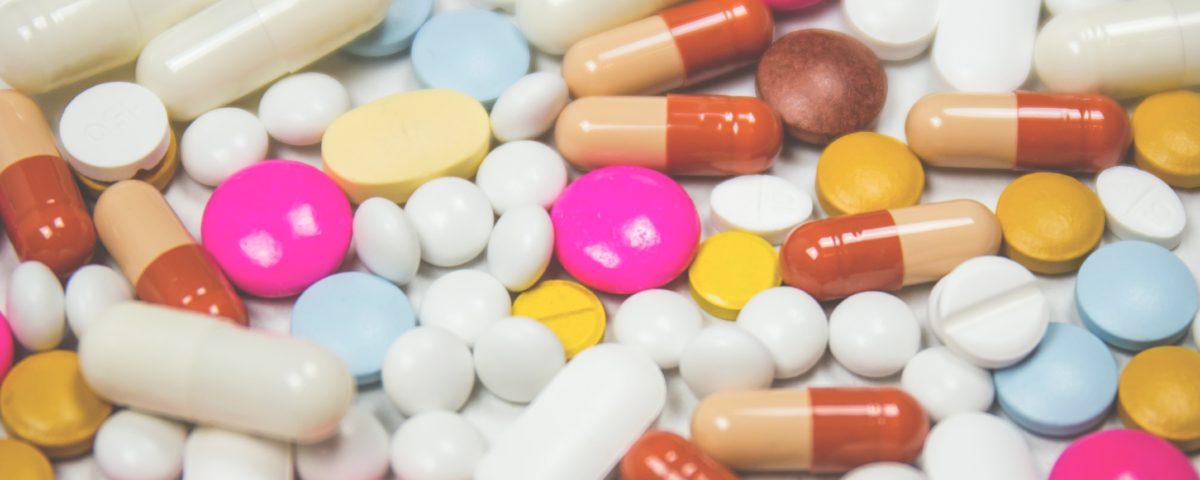CytoSorbents awarded $4.4 Million Grant by the DoD for Universal Plasma Product
CytoSorbents Corporation was recently awarded a $4,421,487 three-year contract by the U.S. Department of Defense (DoD) to complete preclinical development of its HemoDefend-BGA plasma and whole blood adsorber. The advantage of this filter is that it is designed to allow a “universal plasma” that can be given to anyone no matter their blood type. The process essentially involves removing the anti-A and anti-B antibodies from the blood. This basically makes the blood “O” type that can be given to anyone [Source: https://www.biospace.com/].
Sangamo, Novartis join hands to develop genetic medicines for autism, other brain disorders
In a recent announcement, Sangamo Therapeutics and Novartis agreed to work together to develop treatments that aim to alter the expression of key genes implicated in neurodevelopmental disorders like autism [Source: https://www.biopharmadive.com/].
Supply of Gilead’s COVID-19 drug remdesivir secured by Europe
In a recent announcement, Gilead agreed to supply European Union countries with enough doses of the COVID-19 medicine remdesivir to treat about 30,000 patients. In this agreement, European authorities can also secure more doses of the drug, which was the first authorized in the EU to treat the disease caused by the new coronavirus. The Supply of this drug are currently tight, with the U.S. reserving nearly all available doses in July [Source: https://www.biopharmadive.com/].
Eastman Kodak to help manufacturing drugs, vaccines in the US
In order to make sure that important medicines are produced in the U.S., the Trump administration is taking bold and decisive steps to enlisting two manufacturers to help manufacture drug ingredients as well as experimental coronavirus vaccine candidates. In a recent announcement, the U.S government disclosed plans to loan Eastman Kodak $765 million under the Defense Production Act, funding a pivot by the company to manufacture active pharmaceutical ingredients for generic drugs [Source: https://www.biopharmadive.com/].
AlloVir Raises $276 Million in IPO to Advance Cell Therapy Programs
The US based AlloVir recently raised $276 million in an upsized initial public offering. The funds will be used to advance the company’s efforts to develop an allogeneic cell therapy to control infections in immunocompromised patients. AlloVir, formerly known as ViraCyte, is known for its expertise in developing allogeneic, off-the-shelf virus-specific T Cell (VST) therapy candidates targeting 12 devastating viruses, including COVID-19 [Source: https://www.biospace.com/].
$2.1 billion deal involving GSK and Sanofi with U.S. Government for COVID-19 Vaccine
The U.S. government’s Operation Warp Speed program made a deal with GlaxoSmithKline and Sanofi struck with to supply an initial 100 million doses of a COVID-19 vaccine candidate under development by the two companies. In its initial analysis of the deal, Forbes announced that the price of a vaccine comes out to about $10.50 per dose [Source: https://www.biospace.com/].
COVID-19 Vaccine Candidate into Phase I by Merck in Q3
Joining the ranks of other pharmaceutical companies, Merck recently announced a COVID-19 vaccine candidate in clinical development. This vaccine candidate will move in the third quarter of this year according to the announcement by Merck. This move to Phase I happened as a result of the acquisition of Austria-based Themis by Merck, which has a pipeline of vaccine candidates and immune-modulatory therapies. Subsequently, Merck started the vaccine development program with its May acquisition of the company, which is developing V591, a SARS-CoV-2 vaccine candidate that uses a measles virus vector platform based on a vector [https://www.biospace.com/].
Roche’s IL-6 receptor blocker fails in Phase III trial
In a recent announcement, Roche reported the failure of its IL-6R antagonist tocilizumab in patients with COVID-19. This puts the efficacy of IL-6 inhibition at question. In the COVACTA global Phase III trial, it was reported that Roche’s approved standard medicine for blocking cytokine release syndrome (CRS) did not meet the primary endpoints of improving the clinical status of COVID-19 patients with pneumonia and of reduction in mortality. It is to be noted that previously, Sanofi’s/Regeneneron’ s IL-6 signalling blocker sarilumab also failed to reduce mortality and to reduce disease severity in mechanically ventilated COVID-19 patients [Source: https://european-biotechnology.com/].
COVID-19 vaccine being jointly developed by Pfizer and BioNTech’s shows positive data
Pfizer (New York based) and BioNTech (Germany based) pharma companies recently announced positive results obtained from the preliminary data from the most advanced of four of its vaccine candidates against SARS-CoV-2. The vaccine program (BNT162) is focusing on at least four vaccines, in which each a different combination of mRNA format and target antigen is employed for each vaccine candidate. The preliminary data, which is announced is for BNT1621b1. This vaccine encodes an optimized SARS-CoV-2 receptor binding domain (RBD) antigen [Source: https://www.biospace.com/].
A New H1N1 Strain from China could possibly trigger another global pandemic
Researchers have observed that another pandemic could be building in China with a new strain of the H1N1 swine flu that has been reported already jumped to humans. The new strain, G4 EA H1N1 was revealed to emerge on China’s pig farms According to the researchers, this strain has all the hallmarks of a pandemic virus, which is a recently emerged genotype 4 (G4) reassortant Eurasian avian-like (EA) H1N1 virus that bears 2009 pandemic (pdm/09) and triple-reassortant (TR)-derived internal genes [Source: https://www.biospace.com/].
Menlo Therapeutics’ ZILXI™ (minocycline) topical foam, 1.5% receives FDA approval for the treatment of inflammatory lesions of rosacea in adults
Rosacea is known as a diverse skin condition. The most commonly symptoms of rosacea are deep facial redness, spider veins (telangiectasia) and acne-like inflammatory lesions (papules and pustules). Menlo Therapeutics Inc., which is a specialty pharmaceutical company focused on therapies to address unmet needs in dermatology recently announced the approval of ZILXI™ (minocycline) topical foam, 1.5% by the FDA. ZILXI™ is used for the treatment of inflammatory lesions of rosacea in adults. ZILXI was developed as FMX103 by Menlo’s wholly-owned subsidiary Foamix Pharmaceuticals Ltd. (“Foamix”), is considered the first minocycline product of any kind to be approved by the FDA for use in rosacea. This FDA approval is considered very encouraging news for clinicians and patients seeking options for this difficult to treat skin disorder [Source: https://www.biospace.com/].
Meningococcal Vaccines expected to touch US$ 9 billion by 2026
Bacteria Neisseria meningitides causes meningococcal disease. This disease occurs throughout the world especially in the developing world. Typical symptoms include inflammation in the membranes of the brain and spinal cord which is characteristic of meningitis. The meningococcal vaccines market is pretty vast with a lot of potential to make its footprints even larger in the future that is expected to reach $9 billion by 2026. This vaccine exists in the market and doing a great business due to its utility and need for preventing the incidence of this deadly disease [Source: https://www.biospace.com/].
Price set for COVID-19 drug remdesivir
In a recent announcement, the manufacturer of the drug remdesivir, Gilead said it will charge between $2,340 and $3,120 for a typical course of treatment with its COVID-19 drug remdesivir. In recent clinical trials, this drug has been shown to speed the recovery of patients hospitalized with the infectious disease. In the plan announced by Gilead, it will offer remdesivir to governments in developed countries at a price of $390 per vial. However, in the U.S., private insurers, as well as government health programs like Medicare that don’t purchase drugs directly, will pay $520 per vial [Source: https://www.biopharmadive.com/].
WHO proposes plan to deliver 2 billion coronavirus vaccine doses
The World Health Organization, together with partner organizations announced an ambitious plan to secure 2 billion doses of coronavirus vaccines by the end of 2021. This plan is aimed to ensure high-risk groups around the world that can have access to any vaccine that’s successfully developed [Source: https://www.biopharmadive.com/)].
Large scale phase 2 and phase 3 trials are underway for coronavirus vaccine
Late-stage clinical trials are underway involving tens of thousands of people for coronavirus vaccine development. Phase 2 and phase 3 trials are being prepared in the U.S., Europe and also other regions due to the fact that the pandemic’s heaviest impact has begun to shift to the Southern Hemisphere. This large scale clinical trials correspond to an important transition from an early safety studies of coronavirus vaccines that involved several dozens to hundreds of healthy volunteers. But considering the uniqueness of this global pandemic that will require safety and effectiveness of a treatment to be potentially given to tens of millions of people globally, massive trials spanning many countries are required. To this end, a phase 2 study of a vaccine being developed by the University of Oxford and AstraZeneca aims to recruit 10,260 adults and children in the U.K. In addition, the British drug maker is planning a phase 3 trial in the U.S. involving about 30,000 people [Source: https://www.biopharmadive.com/)].
Investors pouring cash to counter cancer genes
It is known for years that a family of genes that, when mutated, turn regular cells cancerous. There has been recent progress in developing drugs that can effectively silence those genes. This has fueled investor optimism in companies going after these genes that are known as RAS. The most recent example of investments comes from a California based biotech company named Revolution Medicines that has raised $238 million through an initial public offering. RAS genes are known to make special proteins that regulate how a cell grows, specializes and divides. One of these proteins, K-ras, has drawn a particularly large amount of attention for R&D. and Amgen, the country’s largest biotech has released data showing an experimental drug appeared to stabilize disease in a small group of lung cancer patients with KRAS gene mutations. This has further fueled extensive R&D in this area [Source: https://www.biopharmadive.com/)].
EC pledges €4.9bn to grant access to medicines
Under the Coronavirus Global Response Framework, the European Commission recently announced to allocate further €4.9bn to assure access to COVID-19 countermeasures for poor countries [Source: https://european-biotechnology.com/].
No beneficial effect of the antiviral HIV treatment lopinavir-ritonavir in patients hospitalized with COVID-19
Recent clinical data from the UK’s RECOVERY trial demonstrated no clinical benefit from use of lopinavir-ritonavir in hospitalised COVID-19 patients [Source: https://european-biotechnology.com/].
Dutch Biotech Company HALIX B.V. to produce vaccines against COVID-19
Dutch CDMO HALIX B.V. has entered in a research consortium coordinated by the University of Oxford, to provide GMP-compliant production of Vaccitech Ltd’s COVID-19 vaccine (ChAdOx1 nCoV-19) targeting the viral spike protein [Source: https://european-biotechnology.com/].
SARS-CoV2 antibody tests might not be suitable for individual diagnosis
An international research consortium in Europe has provided data that demonstrate that SARS-CoV-2 antibody tests are only useful for population-based analyses and might not work for individual diagnosis. [Source: https://european-biotechnology.com/].
Enthera Pharmaceuticals Srl secures €28m in Series A financing
In a recent announcement, Italian start-up Enthera Pharmaceuticals reported securing €28m to advance restorative therapy for type 1 diabetes and inflammatory bowel disease. The startup announced that it will use the proceeds to advance its pipeline, Ent001, an IGFBP3/TMEM219 blocker, to clinical proof of principle (Phase Ib) for type 1 diabetes, gastrointestinal diseases [Source: https://european-biotechnology.com/].


